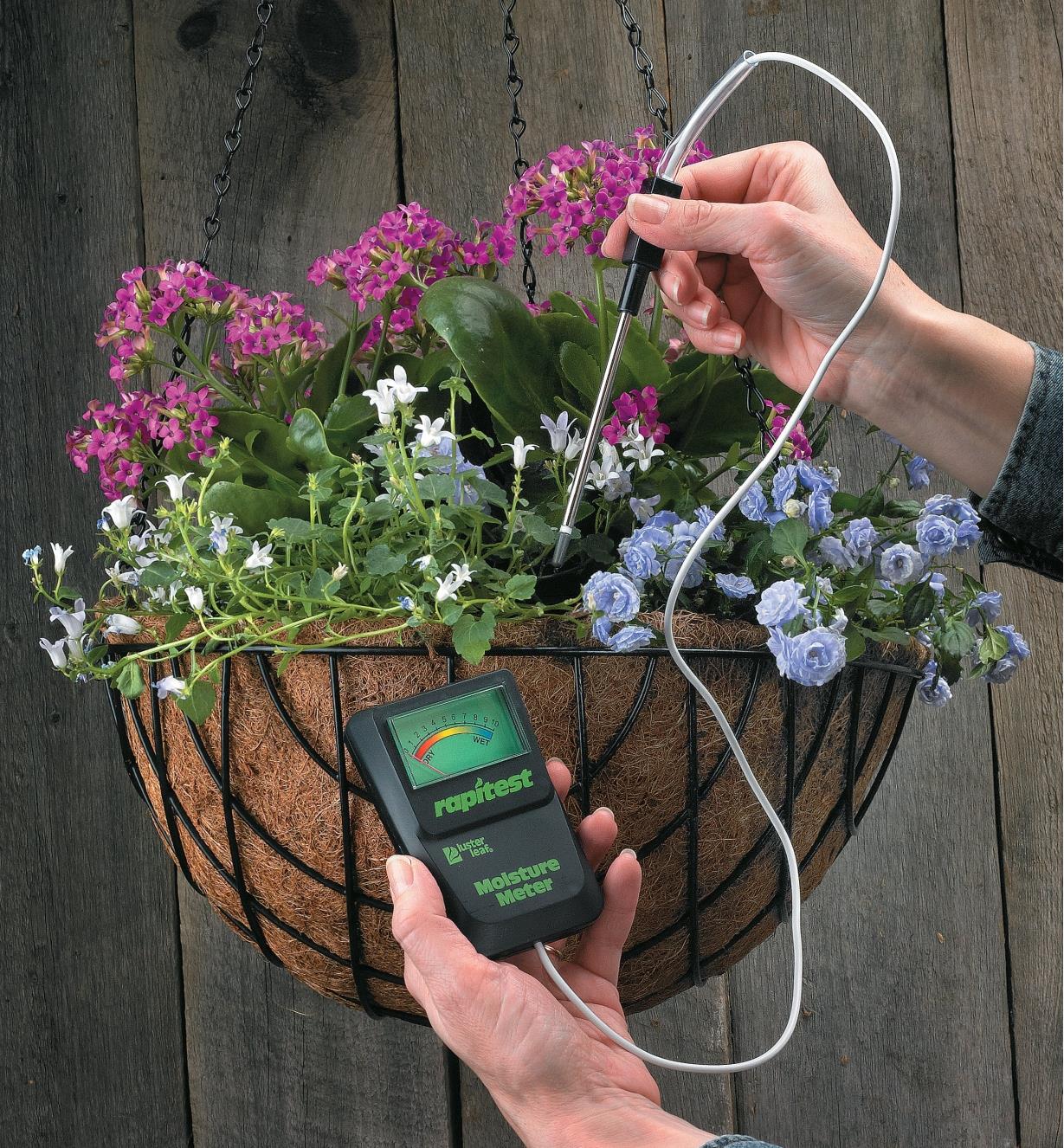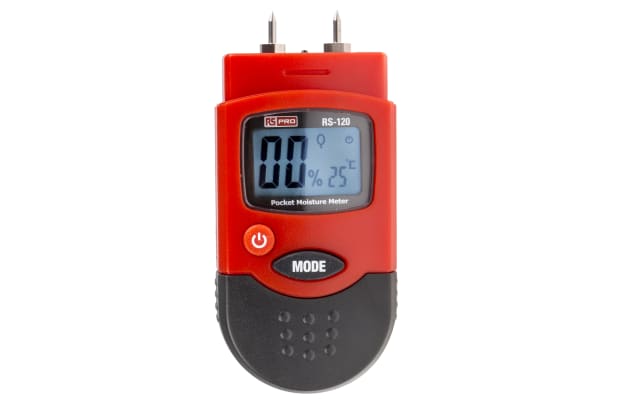Moisture Meter Reviews: Comparing the very best Models for Specialist and DIY Use
Moisture Meter Reviews: Comparing the very best Models for Specialist and DIY Use
Blog Article
The Ultimate Guide to Dampness Meters: A Comprehensive Review and Exactly How They Can Save You Cash
Wetness meters serve as crucial tools in identifying and checking moisture web content in materials, aiding in stopping expensive problems and guaranteeing the top quality of items. Comprehending the nuances of different kinds of wetness meters, their applications, and the possible cost-saving benefits they provide can be a game-changer for organizations and specialists alike.
Types of Dampness Meters
One usual type is the pin-type wetness meter, which determines the electrical resistance in between two pins put into a product. Pinless moisture meters, on the other hand, usage electro-magnetic sensing unit plates to check a bigger location without creating damage to the material's surface.

Infrared wetness meters measure the thermal residential properties of a material to establish its wetness web content non-invasively, making them useful for applications where pin or pinless meters might not be appropriate. Comprehending the different kinds of dampness meters offered can aid industries choose the most ideal tool for their particular wetness dimension requirements.

Benefits of Using Wetness Meters
Dampness meters use vital benefits in properly analyzing and checking dampness degrees in diverse materials and atmospheres. One of the key benefits of using dampness meters is the avoidance of possible damage caused by excess dampness.
In addition, utilizing dampness meters can lead to increased energy effectiveness. In farming setups, moisture meters play a crucial function in optimizing crop yields by making it possible for farmers to keep an eye on dirt wetness levels and make informed watering choices.
Just How to Choose the Right Dampness Meter
Selecting the ideal wetness meter involves thinking about key aspects such as material compatibility, measurement array, and calibration precision. When choosing a moisture meter, it's vital to make sure that the meter appropriates for the particular material you will certainly be testing. Various materials have differing electric residential or commercial properties that can affect moisture readings, so picking a meter developed for your material is vital for exact results. Furthermore, take into consideration the measurement variety of the moisture meter. Make sure that the meter can discover dampness levels within the range required for your applications. Calibration accuracy is an additional important variable to maintain in mind. Select a moisture meter with reliable calibration to ensure regular and precise readings. Some meters might need routine calibration adjustments, so comprehending the calibration process is very important. By thoroughly examining these factors, you can choose a moisture meter that satisfies your needs and supplies accurate wetness measurements for your projects.
Correct Strategies for Wetness Meter Usage

Cost Financial Savings Via Moisture Meter Applications
How can the check my source calculated usage of moisture meters cause significant cost financial savings across different markets? Moisture meters play an important function in cost savings by avoiding possible damage and making certain quality assurance in different markets. In the farming sector, wetness meters help in figuring out the optimal time for collecting crops, protecting against excess or over-drying wetness that can influence the end product's quality. This exact surveillance assists farmers avoid unneeded losses and optimize their return.
In a similar way, in building, wetness meters assist prevent expensive damages by discovering wetness levels in structure materials, such as timber or concrete, which can bring additional reading about architectural problems otherwise attended to without delay. By determining problem locations early on, professionals can take corrective procedures to prevent extensive fixings or replacements, eventually saving time and money.
In addition, in the food processing sector, dampness meters are important for keeping track of product quality and making sure conformity with safety regulations. By properly measuring wetness web content in food, manufacturers can protect against putridity, preserve quality, and reduce waste, resulting in substantial cost savings. Generally, the strategic application of moisture meters is a useful financial investment that can bring about substantial price decreases and enhanced efficiency throughout numerous industries.
Conclusion
Finally, wetness meters are valuable tools for discovering and determining wetness levels in different materials. By utilizing the best dampness meter and following appropriate methods, users can effectively stop pricey damages brought on by excess dampness. Buying a high quality wetness meter can result in substantial price financial savings over time by determining potential problems early and enabling timely remediation. Inevitably, wetness meters are essential instruments for keeping the stability and durability of materials and structures.
Dampness meters offer as indispensable devices in detecting and keeping track of moisture material in products, helping in protecting against expensive problems and making certain the high quality of products. Infrared moisture meters visit measure the thermal residential or commercial properties of a product to identify its dampness web content non-invasively, making them helpful for applications where pin or pinless meters might not be ideal.Wetness meters provide invaluable advantages in properly keeping track of and assessing dampness degrees in varied materials and settings. In farming setups, moisture meters play a critical duty in enhancing plant yields by enabling farmers to check soil dampness degrees and make notified watering decisions.In final thought, dampness meters are useful tools for measuring and finding moisture levels in different materials.
Report this page